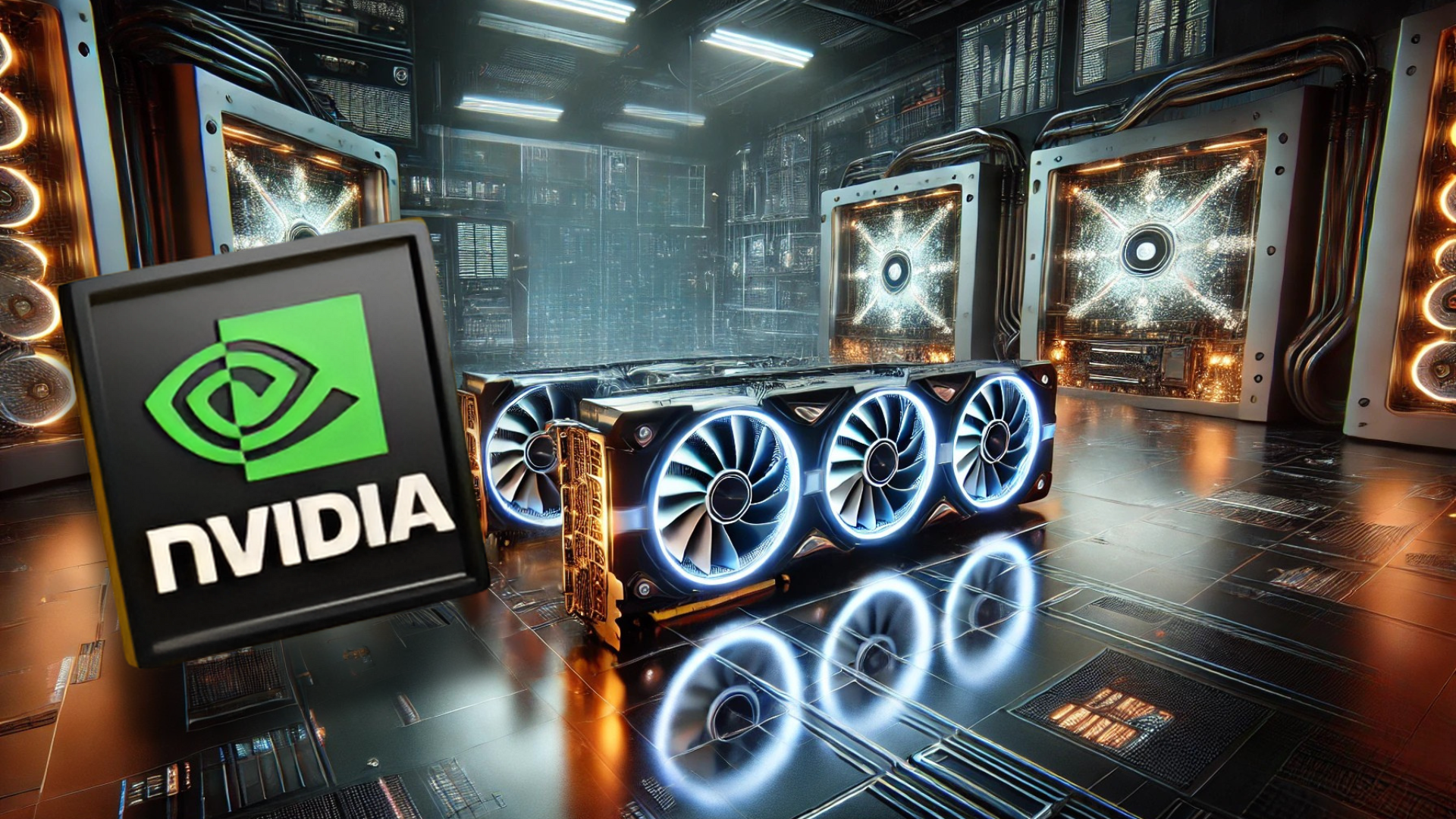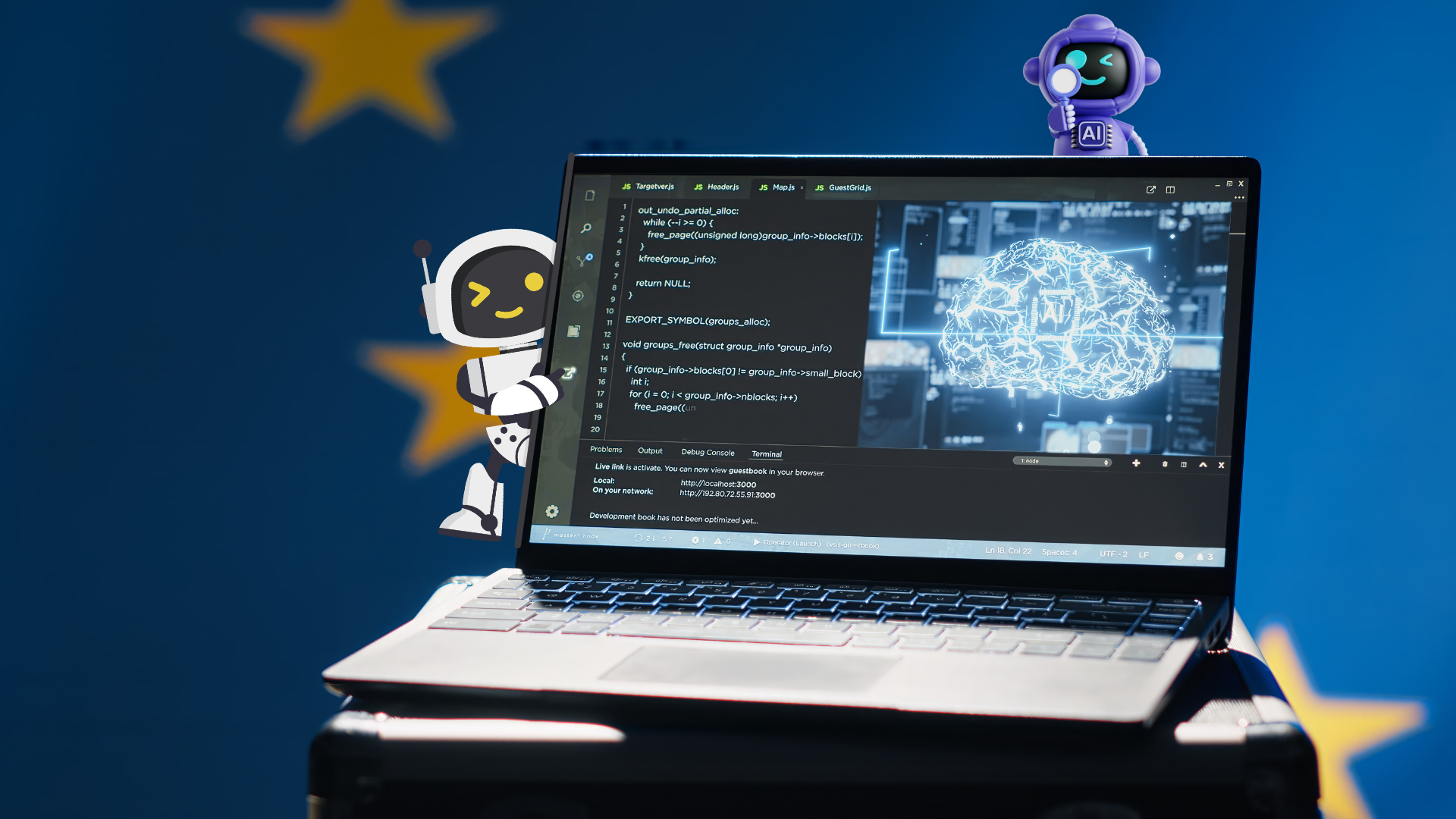
April 3, 2025 — HashKey, one of Hong Kong’s leading cryptocurrency exchanges, has officially entered the artificial intelligence (AI) space with the launch of its first AI-powered product, ModAI. This move marks a significant strategic expansion for the firm as it positions itself at the intersection of blockchain and AI innovation.
According to an announcement shared via the company’s official website and further reported by South China Morning Post (SCMP), ModAI is designed to moderate content, generate virtual avatars, engage users via chatbot, and deliver automated customer support. Powered by a combination of large language models (LLMs) including DeepSeek, OpenAI, Anthropic, and Meta Platforms, the product can currently interact in Chinese, English, Japanese, and Vietnamese, with more languages to be added later this year.
Efficiency and Engagement at the Core
HashKey claims that ModAI can reduce operational costs by up to 80% while doubling user engagement, a bold statement that highlights the growing role AI could play in optimizing crypto platform efficiency. The company initially explored the idea of building its own LLM but pivoted due to high development costs.
“We wanted to create our own LLM, but the resources required were immense,” said Sean Wang, HashKey’s Vice President of Product and head of its AI division. “Instead, we opted to integrate the best existing models to launch something powerful and scalable.”
AI Agents for Blockchain-Based Investing
Looking ahead, HashKey plans to expand ModAI’s capabilities with the introduction of AI agents — autonomous tools capable of performing complex tasks such as investing in crypto assets based on user-defined parameters like capital and desired return.
These future agents would leverage AI to analyze market trends, execute trades, and personalize investment strategies — potentially revolutionizing retail access to decentralized finance.
Industry Debate on AI Agents Heats Up
The idea of blockchain-integrated AI agents has stirred both enthusiasm and skepticism in the crypto community. While many see it as a leap forward in automation and user experience, critics argue that most AI-agent projects prioritize tokenization over functionality.
Binance co-founder Changpeng “CZ” Zhao recently voiced his concerns, stating that developers often focus too heavily on launching tokens instead of building capable agents.
“Make a really good agent first before thinking about the token,” CZ advised in a recent post.
He also criticized AI chatbots earlier this year for being “lazy,” noting that they often fail to provide users with insights they didn’t already know.
“I don’t know what I don’t know. I need an AI that tells me what I should know — not just answers to what I ask,” CZ wrote.
Building AI-Compliant Tools for Regulated Markets
The launch of ModAI aligns with HashKey’s broader mission of creating compliant, secure, and innovative financial solutions. Just last month, the exchange introduced a crypto rating initiative aimed at helping Hong Kong-based companies comply with the region’s evolving virtual asset regulations.
With its growing suite of services — and now a new AI division — HashKey is rapidly becoming a pioneer at the convergence of crypto and artificial intelligence, signaling what may be the next phase of innovation in Web3.

























































































































































































































































































































































































































































































































































































































































































































































































































































































































































































































































































































































